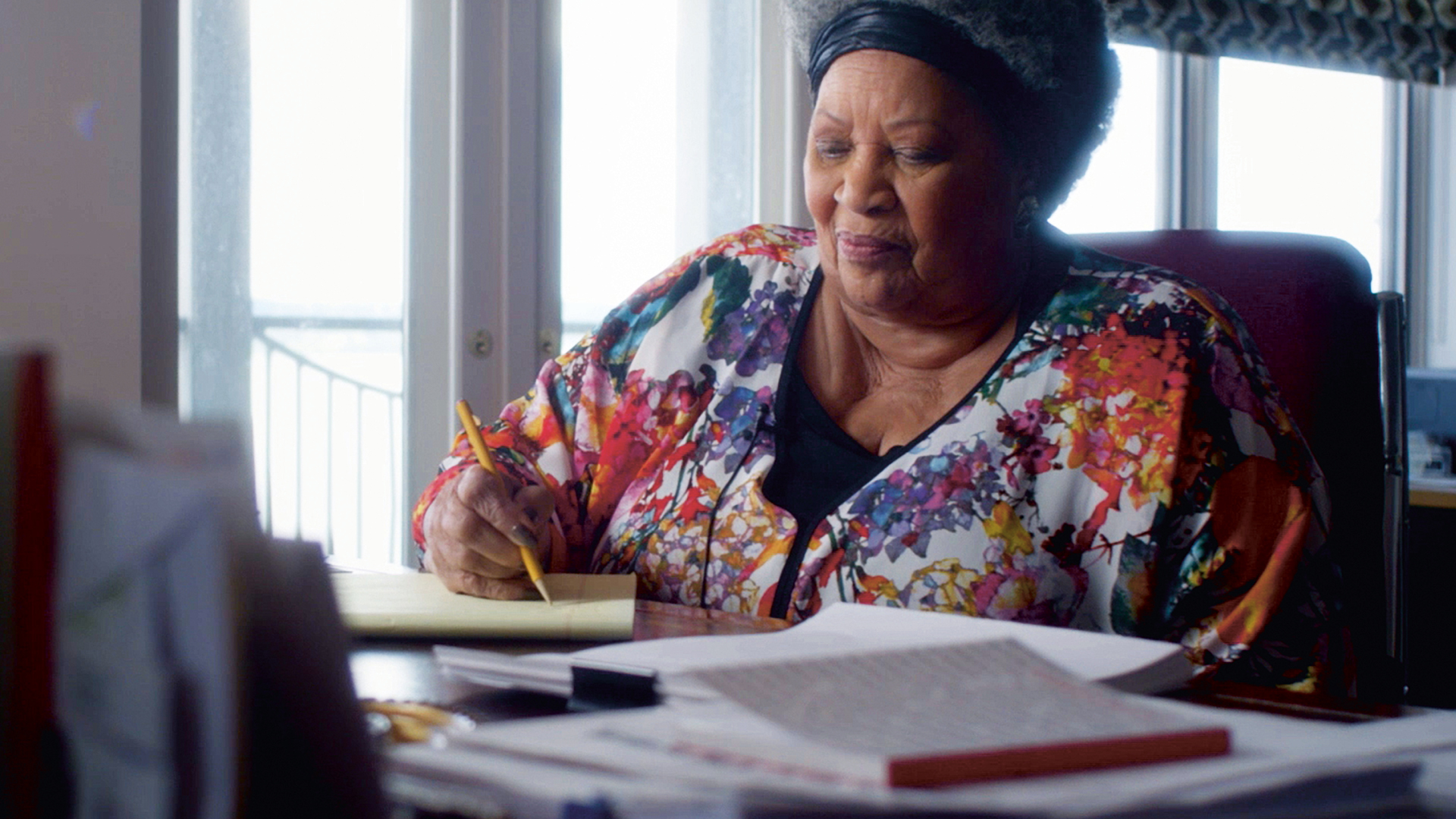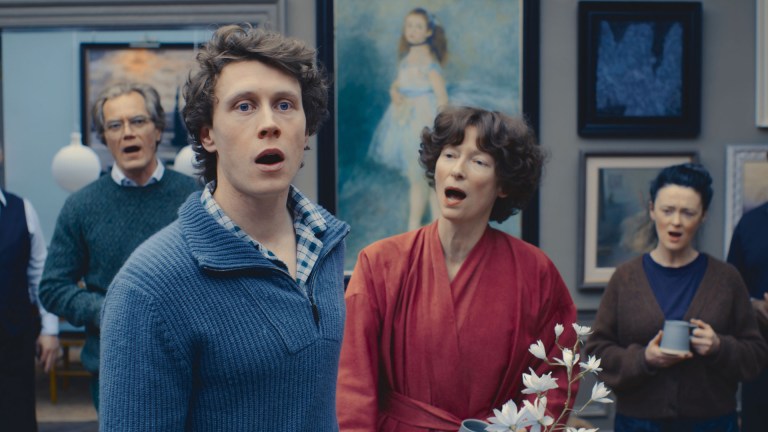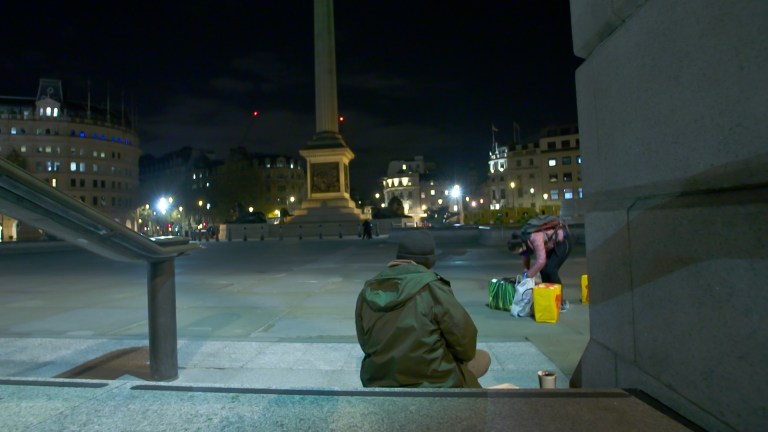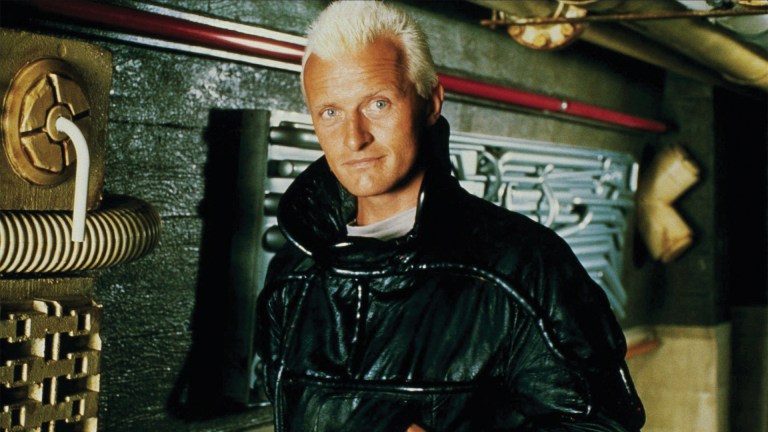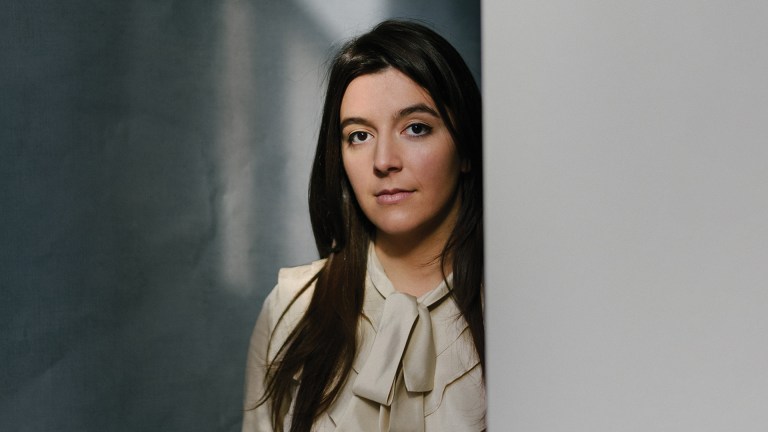In the 1960s, before she was a Nobel Prize-winning novelist, Toni Morrison was a single mother raising two small boys with a demanding job as a book editor in New York. She’d set her alarm for 4am every day, waking up before sunrise to work on the novel that became The Bluest Eye. She kept a notepad in the car to jot a line or two down at traffic jams. One day she wrote a to-do list that filled an entire sheet of paper then crossed out everything that wasn’t essential to her life, leaving two tasks: “mothering and novels”.
Interviewed for this smart, insightful documentary before her death last summer aged 88, Morrison is extraordinary in The Pieces I Am – she practically glows with the wisdom and unfakeable warmth of a woman with nothing left to prove, who has sussed out what’s important in life. Growing up in Ohio, her neighbourhood was mixed, but Morrison’s dad, who’d witnessed two men being lynched as a boy, never let a white person in the house. With The Bluest Eye she wrote the book that she wanted to read – no one was writing about black girls. They were “jokes or props” in literature. The title came from a childhood memory of internalised racism and self-loathing – a friend who told her “I’ve been praying for two years for blue eyes.” There is a gorgeous musical quality to Morrison’s voice as she tells all this. Archive video footage of her reading extracts from her novels made the hairs on the back of my neck prickle.
Early reviews were positive but often clueless. One concluded: “She’s too talented to just write about black people.” The lack of exposition for white people in her novels rattled the critics. Morrison speaks of “the white gaze” and the assumption by reviewers that her reader was white. In archive TV footage an interviewer asks her if she gets sick and tired of being called a “black woman writer”. She smiles. “I like it. I am all those things.”
In telling the story of her life and novels, this fascinating documentary sketches out a history of African-Americans from slavery onwards too, illustrated with stunning pictures by African-American artists. Morrison wrote 11 novels including Sula, Song of Solomon and the Pulitzer-winning Beloved, inspired by the true story of Margaret Garner, a runaway slave who slit her two-year-old daughter’s throat rather than watch her be returned to a slave owner. Director Timothy Greenfield-Sanders gets insightful interviews from academics and writers, though perhaps lets the running time drift a little (the film is a bit long at two hours). One commentator points out that until Morrison came along the slave story was the story of men. Walter Mosley speaks beautifully. “You don’t want to be a character in a Toni Morrison novel. She is writing scorched earth,” he says. “Her characters take on all the suffering which has created us, which has made us so beautiful.”
In her early years as a novelist Morrison continued to work in publishing, bringing other African-American writers to the table. She persuaded Black Panther activist Angela Davis to write an autobiography and edited a book by Muhammad Ali.
